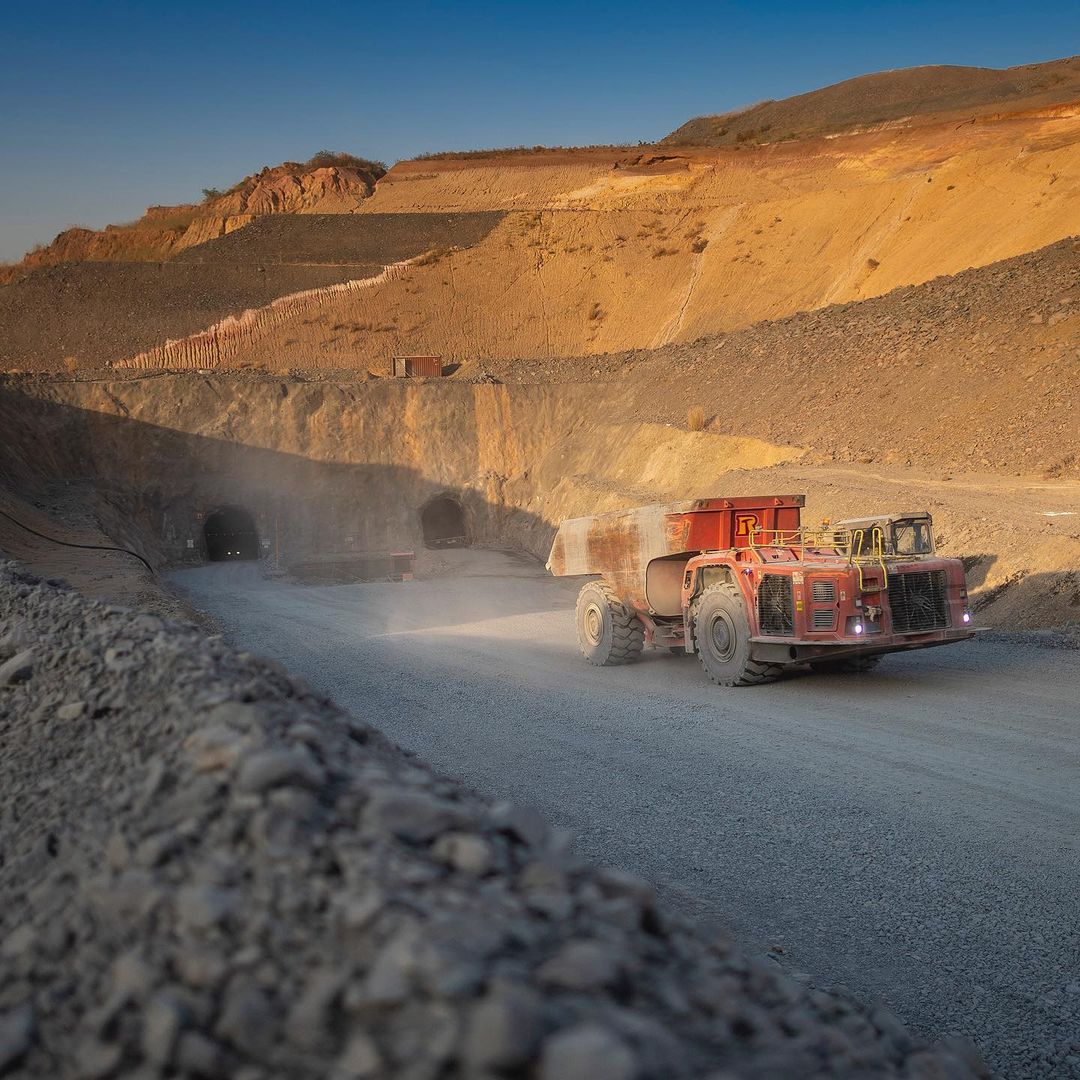Australian Gold Mining Giant Pays $160 Million to Free CEO and Executives from Mali Detention
In a dramatic escalation of tensions between foreign mining firms and Mali’s military junta, Australian gold mining company Resolute Mining has agreed to pay a staggering $160 million to secure the release of its CEO, Terence Holohan, and two other senior employees detained by the Malian government. The three executives were detained on November 8, 2024, after a meeting with government officials about tax and other financial disputes. This high-stakes negotiation highlights the growing risks and uncertainties surrounding international business in Mali’s volatile political and economic climate.
The Detention Incident: A High-Stakes Showdown
The Resolute Mining executives were detained in the capital city of Bamako following a meeting with Malian officials. The meeting had been arranged to address claims from the Malian government regarding unpaid taxes, customs levies, and management of offshore accounts. These claims were reportedly “unsubstantiated,” according to Resolute, but the situation escalated quickly after the meeting. Holohan and his colleagues were taken into custody by authorities and held for several days.
The sudden detention has raised alarms across the global mining industry, with many critics referring to it as a "hostage situation." The government’s actions underscore the increasingly assertive approach it has taken toward foreign companies operating in the country, particularly those in the mining sector, which remains vital to Mali’s economy.
A Price for Freedom: Resolute’s $160 Million Payment
To resolve the crisis and secure the release of its executives, Resolute Mining agreed to pay a substantial $160 million in two installments. The company confirmed that it had already paid $80 million from its cash reserves, with the remaining $80 million to be paid in the coming months.
This payment is part of a broader agreement between Resolute Mining and the Malian government, which aims to settle all outstanding claims against the company. These claims include issues related to tax, customs levies, maintenance, and the management of offshore accounts. The agreement is expected to clear the air over the ongoing disputes that had contributed to the executives' detention.
"We are working closely with the Malian government on the remaining procedural steps to ensure the safe and prompt release of our CEO and colleagues," Resolute Mining said in a public statement. The company reassured investors that all three detained employees were being treated well and were receiving assistance from the UK and other consulates.
Mali’s Mining Sector: Shifting Laws and Growing Tensions
Mali has long been one of Africa’s top gold producers, and the mining sector is crucial to its economic survival. However, in recent years, the country has undergone a series of major changes that have affected foreign mining operations. The military junta, led by Colonel Assimi Goita, has enacted sweeping reforms to increase state and local ownership of mining projects. Under these reforms, the government can now claim up to 30% ownership in mining ventures and force companies to sell an additional 5% of their stakes to Malian investors.
These changes have stirred concern among foreign investors, particularly those like Resolute Mining, which owns 80% of the Syama goldmine in southwest Mali. The government owns the remaining 20% stake. Such regulations have introduced a level of unpredictability, with foreign firms now forced to reconsider the viability of continuing their operations in the country.
A Broader Pattern of Hostility Toward Foreign Firms
The detention of Resolute Mining’s executives is not an isolated incident. In September 2024, four employees of Barrick Gold, the world’s second-largest gold mining company, were detained by the Malian government for four days. Such incidents have fueled concerns that the government is increasingly adopting aggressive tactics toward foreign companies, especially those involved in the mining sector.
Beverly Ochieng, a risk analyst at Control Risks, has described the government’s actions as a dangerous escalation. "Some have called it hostage-taking," Ochieng said, "and it definitely feels like a shift toward more confrontational policies." For foreign companies operating in Mali, these developments represent a significant risk, potentially deterring future investments and complicating ongoing business operations.
Mali’s Struggles: Economic Hardship and Growing Russian Influence
Mali's economic situation has been dire, worsened by political instability and the ongoing jihadist insurgency. Since the 2012 coup, and particularly after the military took control again in 2020, the country has faced widespread violence, including uprisings from Tuareg rebels and attacks from Islamist militants. The Malian government has sought assistance from Russian mercenaries to combat the insurgency, but this has come with a hefty price tag.
As Mali increasingly turns to Russian mercenaries for support, many Western governments and non-governmental organizations (NGOs) have withdrawn from the country due to concerns about the government’s ties with Russia. The departure of these donors has left a significant gap in the country’s finances, making it increasingly reliant on the revenues generated by its mining sector. Ulf Laessing, head of the Konrad Adenauer Foundation’s Sahel programme, notes that Mali is in urgent need of funds but that its aggressive stance toward mining companies is unlikely to encourage new investments.
Related: Gold's Glitter Amid Global Uncertainty
Looking Ahead: A Bleak Future for Foreign Investment?
For Resolute Mining, the $160 million payout is an expensive but necessary step to ensure the safety of its executives and maintain its operations in Mali. However, the incident has raised serious concerns about the long-term viability of doing business in the country. With the government’s recent efforts to retroactively apply new mining regulations to existing projects, foreign investors are left wondering whether Mali can be trusted as a stable partner.
The implications of the Resolute Mining crisis extend beyond the company itself. The broader mining sector will be closely watching how the Malian government handles future disputes with foreign firms. The country's economic survival depends on its ability to maintain relationships with international investors, but with increasingly tough regulations and unpredictable actions, the future of Mali's mining industry looks uncertain.
Rising Tensions in Mali’s Mining Sector
The saga of Resolute Mining's CEO and executives being detained in Mali underscores the growing tensions between foreign companies and the Malian government. With escalating demands for state control over the mining sector and unpredictable actions against international firms, investors will need to carefully assess the risks of operating in Mali moving forward. As the country struggles with political instability, an ongoing insurgency, and growing financial pressures, it remains to be seen whether the mining sector will continue to thrive or if these risks will drive foreign investment away.











